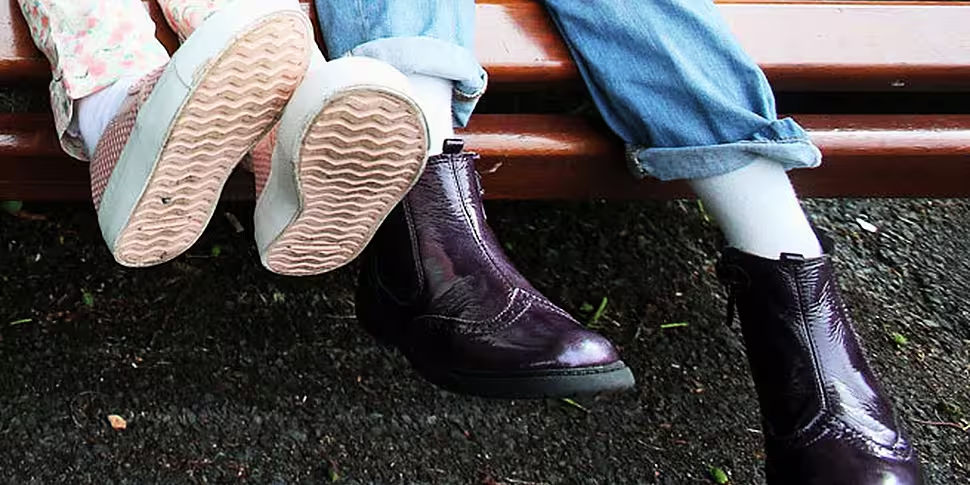A study has found persistent inequalities among children in Ireland, with their wellbeing largely shaped by parental circumstances.
The piece of work is the first of its kind, using data from the decade-long 'Growing Up in Ireland' research to provide a comprehensive overview of factors influencing children.
The ESRI research finds that despite many improvements in education, health and socio-emotional outcomes in the last century, children’s wellbeing in contemporary Ireland is largely shaped by parental circumstances and social position, resulting in "persistent inequalities".
The findings point to implications for public policy that could support families most in need and help children to reach their potential regardless of family circumstances, health or ethnic background.
It also looks at the impact of different family units on child development - in the context of changes to the family model in the last 100 years - including an increase in one-parent families, blended families and non-marital births and the rising incidence of divorce, separation, cohabitation, civil partnerships and same-sex marriage.
Socio-economic circumstances
Much of the research from 'Growing Up in Ireland' finds a consistent pattern of disadvantage for children living in one-parent families, mostly due to poorer socio-economic circumstances of one-parent families.
While there is a greater likelihood of welfare dependence, lower maternal education and lower income among one-parent families.
Even accounting for differences in family characteristics such as income, maternal education, parent-child conflict and maternal depression, children in one-parent families are at a significant disadvantage in terms of their risk of experiencing socio-emotional and behavioural difficulties.
It also finds that development of language skills in early childhood is strongly associated with the economic and educational resources available to a child in the home: the higher the family’s income or the higher the level of the mother’s education the more advanced is the child’s language development.
Childcare
And while non-parental childcare levels have historically been low in Ireland, they have increased since the mid-1970s with a much higher proportion of women working outside the home - particularly during the boom years of the mid 2000s.
Relative care (typically by grandparents) is the most common type for infants with centre-based care becoming more commonly used for 3-year-olds.
It also finds that levels of non-parental childcare are higher among more advantaged families.
The type of childcare also varies according to family circumstances. Paid, non-relative or centre-based care is more common among more advantaged families; unpaid relative care is more common among less advantaged families.
And it finds inequalities on school entry, with social inequalities apparent in the skills children bring with them to the primary school setting.
James Williams is research professor with the ESRI and one of the co-editors of the report.
He told Newstalk Breakfast children's health was also a key factor.









